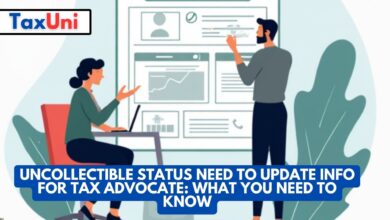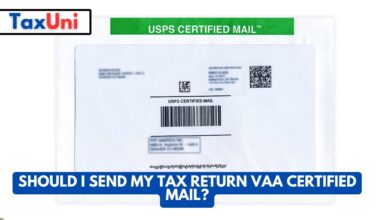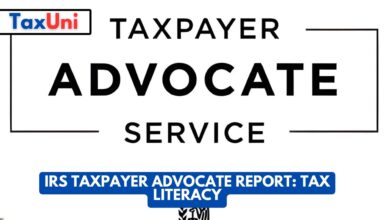IRS Tax Payments

Contents
The Internal Revenue Service (IRS) is the United States government agency responsible for collecting taxes. Tax payments are a crucial part of funding government operations, and both individuals and businesses are required to pay their taxes to comply with the law. This article will provide an overview of IRS tax payments, including the various types, deadlines, methods, and assistance available.
Types of IRS Tax Payments
The IRS collects taxes from both individuals and businesses. The most common types of tax payments include:
| Type of Tax | Description |
|---|---|
| Income Tax | Paid by individuals and businesses on their earnings. |
| Employment Tax | Collected from employees’ wages for Social Security and Medicare. |
| Business Tax | Paid by businesses on their profits, such as corporate income tax. |
| Sales Tax | Collected on the sale of goods and services. |
| Property Tax | Assessed on the value of real estate properties. |
| Excise Tax | Imposed on specific goods, like tobacco and alcohol. |
| Estate and Gift Tax | Applies to the transfer of wealth between individuals. |
Individuals and businesses must report their income, deductions, and credits accurately to calculate their tax liability. Failing to do so can result in interest and penalties.
IRS Tax Payment Deadlines
One of the most critical aspects of IRS tax payments is adhering to deadlines. Missing a deadline can lead to interest and penalties. The tax deadlines vary depending on the type of tax and the taxpayer’s status. Here are some key deadlines:
| Tax Type | Individual Deadline | Business Deadline |
|---|---|---|
| Income Tax | April 15th | March 15th (for corporations) |
| Employment Tax | Throughout the year | Throughout the year |
| Business Tax | Varies by tax type | Varies by tax type |
| Sales Tax | Varies by state | Varies by state |
| Property Tax | Varies by locality | Varies by locality |
| Excise Tax | Varies by product | Varies by product |
| Estate and Gift Tax | Gift tax due with income tax return; Estate tax due within nine months of death. | N/A |
Individuals and businesses can request extensions for income tax, but these extensions do not apply to the payment of taxes. It’s crucial to file and pay taxes on time.
IRS Tax Payment Methods
The IRS offers several payment methods to make the process convenient for taxpayers. These methods include:
- Electronic Funds Transfer (EFT): Pay directly from your bank account using the Electronic Federal Tax Payment System (EFTPS).
- Credit or Debit Card: Pay your taxes using a credit or debit card. Keep in mind that card processors may charge fees.
- Check or Money Order: Mail a check or money order to the address provided on your tax return or IRS website.
- Cash: Cash payments are accepted at approved retail locations through the Retail Cash Payment Option.
- Installment Agreement: If you can’t pay your taxes in full, you can request an installment agreement to pay over time.
- Online Payment Agreement: Set up a monthly payment plan online for outstanding tax balances.
- Electronic Federal Tax Payment System (EFTPS): Enroll in this system for easy and secure electronic payments.
IRS Tax Payment Assistance
The IRS understands that some individuals and businesses may face financial difficulties when it comes to paying taxes. In such cases, there are assistance programs available:
- Offer in Compromise: This program allows qualifying individuals and businesses to settle their tax debt for less than the full amount owed.
- Taxpayer Advocate Service: This service provides assistance to taxpayers who are experiencing financial hardship or other issues with the IRS.
- Penalty Abatement: In some cases, penalties can be reduced or removed if there is a reasonable cause for late payment.
- Innocent Spouse Relief: If you’re not responsible for your spouse’s tax debt, you may qualify for relief.
- Low-Income Taxpayer Clinics (LITC): These clinics offer free or low-cost legal help to low-income individuals in tax disputes with the IRS.
In conclusion, IRS tax payments are an essential obligation for both individuals and businesses. Understanding the types of taxes, deadlines, payment methods, and available assistance is vital for complying with tax laws and managing your tax liabilities effectively. If you need further assistance or have questions about IRS tax payments, consider reaching out to the IRS or a qualified tax professional.






Stemilus for home owners morgage.